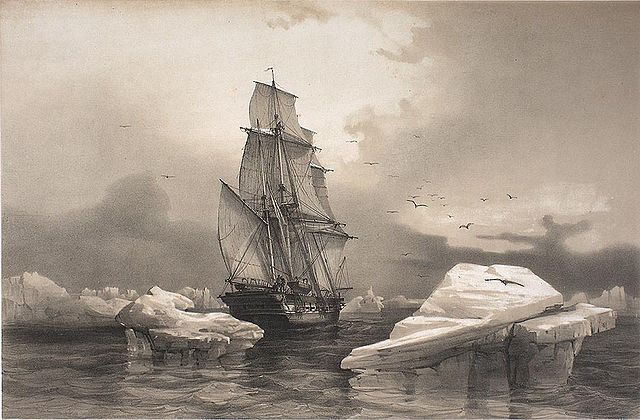A new network on Arctic Cultures and History (ARCH) has been established last month by UArctic's general assembly. It is dedicated to the study of history and culture including literature, travel writing and creative writing, the performative arts, history and the history of art.

The network is principally dedicated to subjects arising from the field of human science but also includes transdisciplinary cooperation with the social and natural sciences.
The Arctic has long attracted explorers, missionaries and researchers leading to a wide range of interpretations in scholarly publications, popular books and artistic expressions. Working with texts such as historical accounts, political and geographical publications, travel writings, literature from the region and about the region, especially from the 18th century to the present, the network also makes use of other materiel and artistic expressions in developing a “dual gaze”, looking at the Arctic from the inside and the outside, in order to understand and be able to explain from a perspective within the humanities current and foreseeable challenges in the region.
The concept of cultural sustainability - meaning the ability to retain values, traditions and cultural practices in an ongoing negotiation with a continuous, growing, global interest and influence – is a key concept in the network’s research and activities.
Main activities:
- An annual conference that brings together academics and practitioners of the fields covered by the network and members of Arctic societies including Indigenous groups
- Dissemination events for the general public
- Investigations into the establishment of a joint Arctic Master’s program

